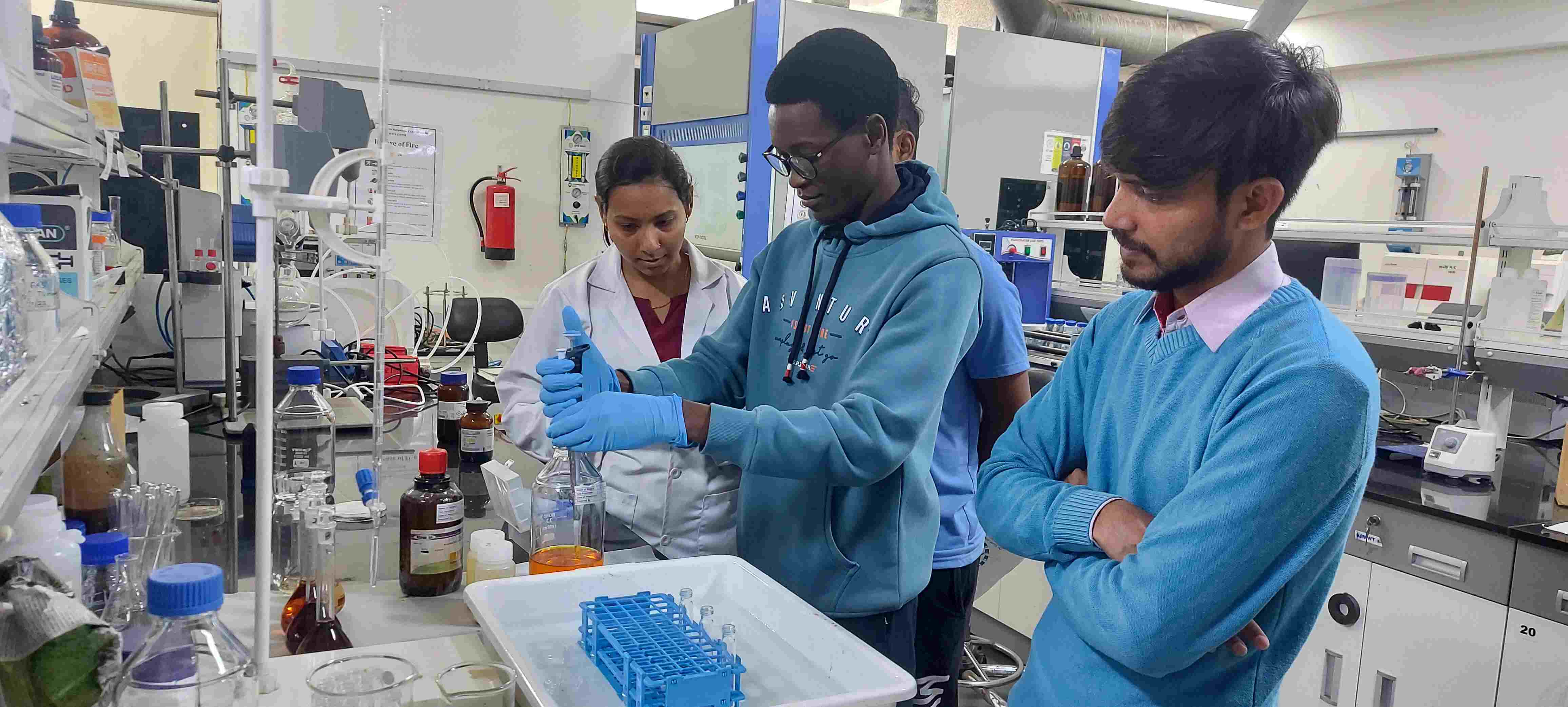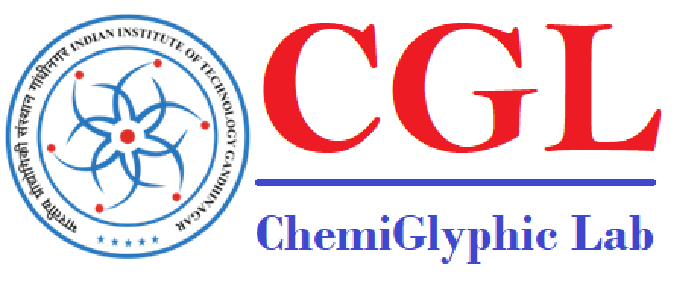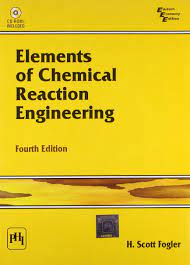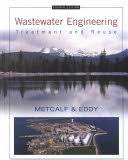
CL 322: Chemical Reaction Engineering
Motivation; fundamentals of batch and flow reactors; general mole balance equation; rate laws and stoichiometry; conversion and reactor sizing; reactors in series; algorithm for data analysis from batch reactor and flow reactor data; experimental planning for data analysis; Isothermal reactor design: mole balance in terms of conversion, mole balance in terms of concentration and molar flow rates, effect of pressure drop in conversion, micro reactors, membrane reactors; Multiple reactions: selectivity and yields in series, parallel and complex reactions. selection and ordering of reactors for parallel, series and complex reactions; Steady state non isothermal reactor design: energy balance equation to flow and batch reactor systems, design of adiabatic and isothermal reactors, equilibrium conversions, multiple steady states; Catalytic reactors: catalytic reaction mechanisms, rate law for catalytic reactions, external diffusion, internal diffusion, design of packed bed reactor; Residence Time Distribution (RTD): fundamentals of non-ideal reactors, measurement and characterization of RTD, RTD for ideal reactor, non ideal reactor modeling using RTD.
ES 635: Water Quality Engineering
Fundamental theory and application of the physical and chemical processes in water and wastewater treatment: Introduction to water quality parameters, standards, Fundamentals, optimization and design of the following processes for water treatment: Coagulation, Flocculation: Destabilization mechanism, pC-pH (coagulation) diagram, Flocculation kinetics, Sedimentation: Design equations for settling basins, Water Conditioning, Softening: Chemical Reactions for softening, Softening process design, Disinfection: Breakpoint chlorination, CT concept and inactivation kinetics, Reactor design: CSTR, batch, plug flow reactor equations, tracer tests Ozone contactor design: Transport model for contactor design, Air stripping: Design and apply equation for air stripping process, Membrane Processes: Membrane materials, module types, High Pressure Membrane Process: Nanofiltration, Reverse Osmosis - models and their application, Low Pressure Membrane Process: Microfiltration, Ultrafiltration - models and their application, Activated Carbon Adsorption Process: Adsorption isotherms, required carbon dose, Ion exchange: Types of ion exchange resin, ion exchange design equation, Design Project: Design a water purification system for a sea-side town with the results of field tests of several water supplies in the town given.


